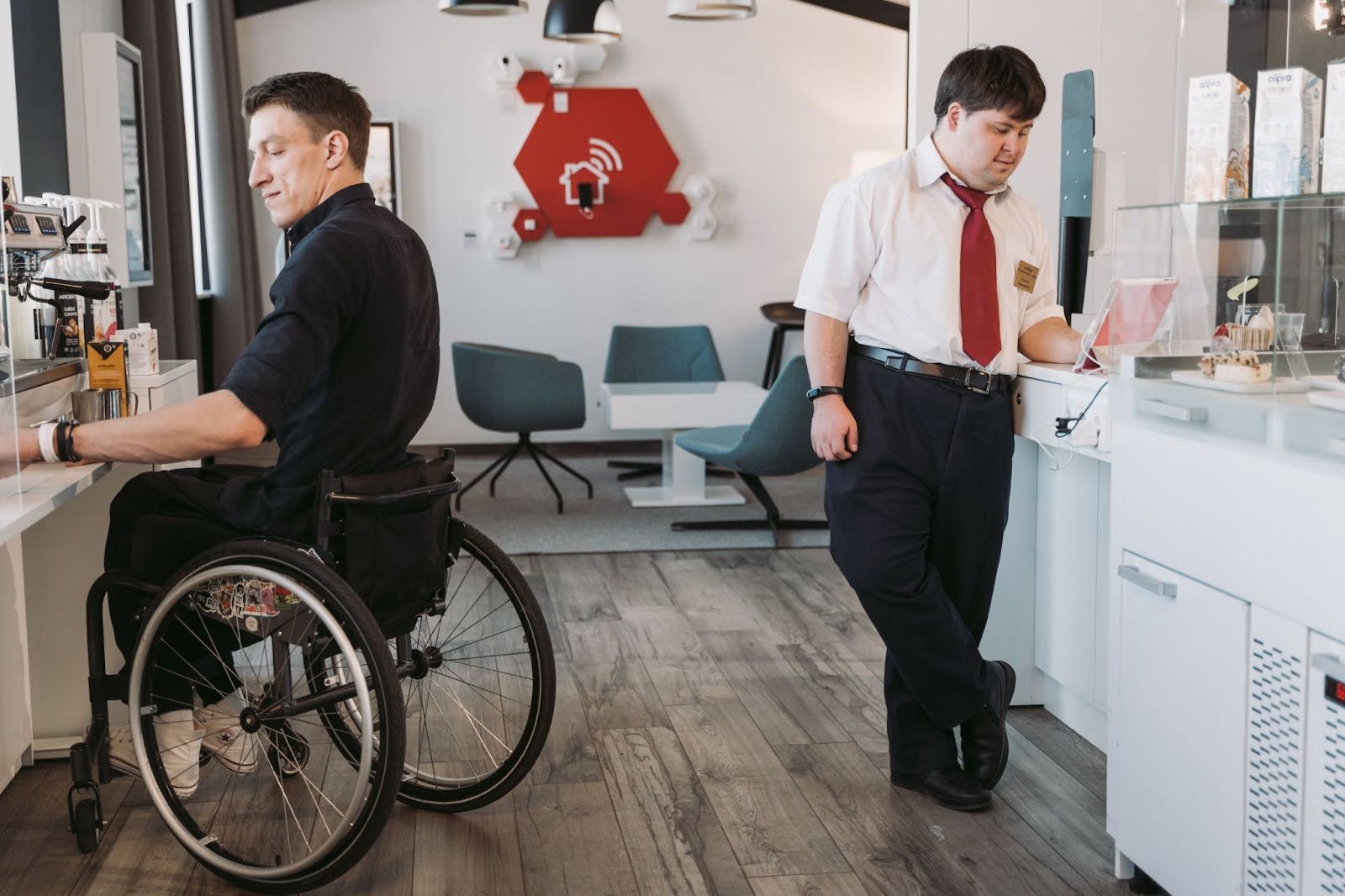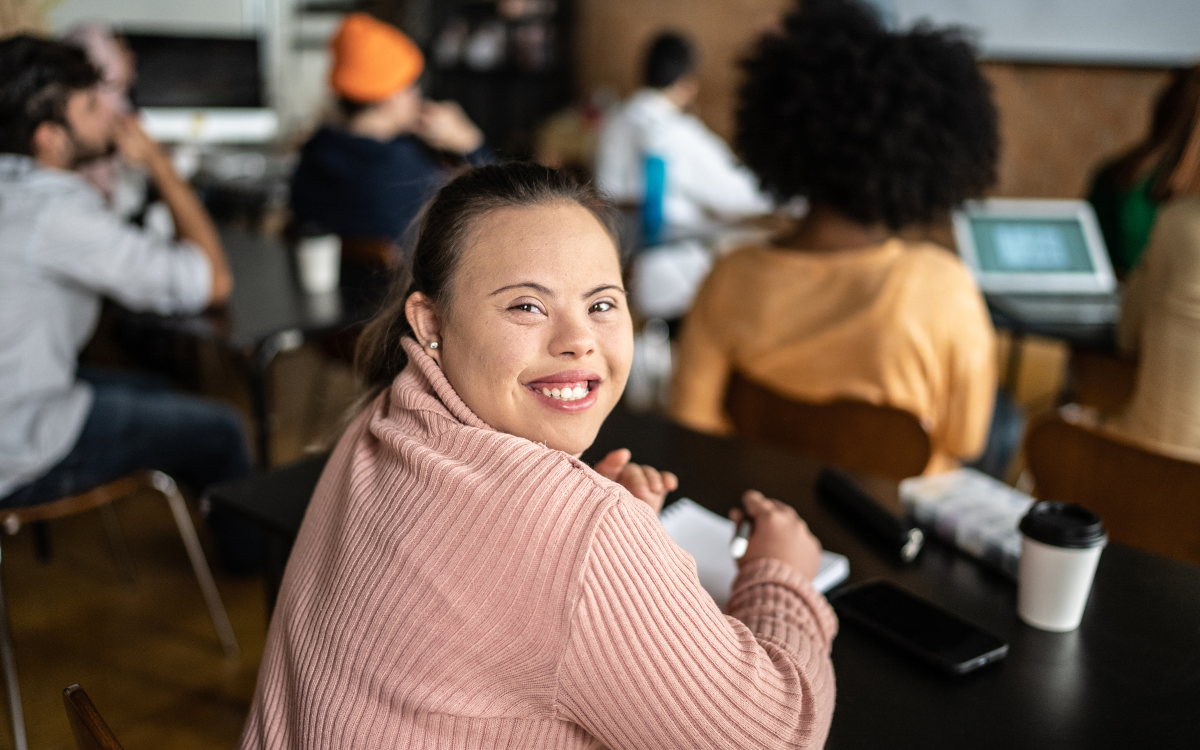Massage therapy isn’t just about relaxation–it’s a powerful tool that can contribute to improved quality of life for adults with disabilities. With numerous physical and mental health benefits, massage therapy for disabilities provides a holistic approach to health.
Here, we’ll explore how massage therapy works, its positive impact on individuals with disabilities, and how the California Self-Determination Program (SDP) can help support your wellness journey.
What is Massage Therapy? How Does it Work?
Massage therapy is a hands-on treatment that focuses on muscles, tendons, ligaments, and other soft tissues to boost overall health. It’s called therapeutic because it helps relieve physical pain, reduces stress, and improves mental well-being.
But how does massage therapy actually work? When a massage therapist rubs and kneads your muscles, it helps them relax. Massages also improve blood flow and stimulate the nervous system.
This not only feels great but can also help treat the root causes of pain or swelling. Techniques can vary from gentle strokes to deep pressure, all designed to ease pain, improve movement, and uplift your mood.
For those in the California Self-Determination Program, massage therapy for adults with disabilities is covered as part of your Individual Program Plan (IPP).
To learn more about the Self-Determination Program, check out our blog post: 6 Frequently Asked Questions About the Self-Determination Program, Answered.
Common Types of Massage Therapy
Several types of massage therapy can be especially beneficial for adults with disabilities, including:
- Swedish Massage: Involves long, flowing strokes and gentle kneading. Perfect for relaxation, stress relief, and improving circulation.
- Deep Tissue Massage: Targets deeper muscle layers to help with chronic pain and tension, ideal for persistent muscle issues.
- Sports Massage: Designed for active individuals to help prevent and treat injuries, promoting flexibility and endurance.
- Trigger Point Therapy: With a focus on specific areas of muscle tension that cause pain to manifest in other parts of the body, this massage method manages localized pain.
- Shiatsu Massage: A Japanese massage technique that uses finger pressure on specific points to balance energy flow and alleviate stress.
Benefits of Massage Therapy for Adults with Disabilities
Massage therapy benefits are numerous and can be particularly significant for adults with disabilities:
Pain Relief
Regular massages can help manage chronic pain conditions by improving comfort and reducing the need for pain medications.
Improved Mobility
By easing muscle tension and enhancing flexibility, massage can support better movement and physical function.
Better Mental Health
Relaxation and stress relief from massage can reduce anxiety and depression and promote well-being. Likewise, many individuals experience improved sleep patterns following massage therapy, which is crucial for overall health.
Immune Support
Massage can enhance immune function and promote your body’s ability to fight off illnesses more effectively by reducing stress hormones and increasing lymphatic circulation.
Does the Self-Determination Program Cover Massage Therapy?
Your Individual Program Plan (IPP) is designed to help you achieve your personalized goals and improve your quality of life. Your SDP budget covers massage therapy if it is part of your IPP. Review the SDP guidelines to learn more about your SDP budget and what it covers.
Get Insight on Disability Services & Supports
Navigating the wide array of services and supports available can be daunting. At NeuroNav, our independent facilitators are dedicated to helping you find the right services and providers, including massage therapists, based on your unique needs.
To learn more about how our independent facilitation services can help you achieve self-determination goals, start a conversation today. Schedule a free consultation with us to get started.




